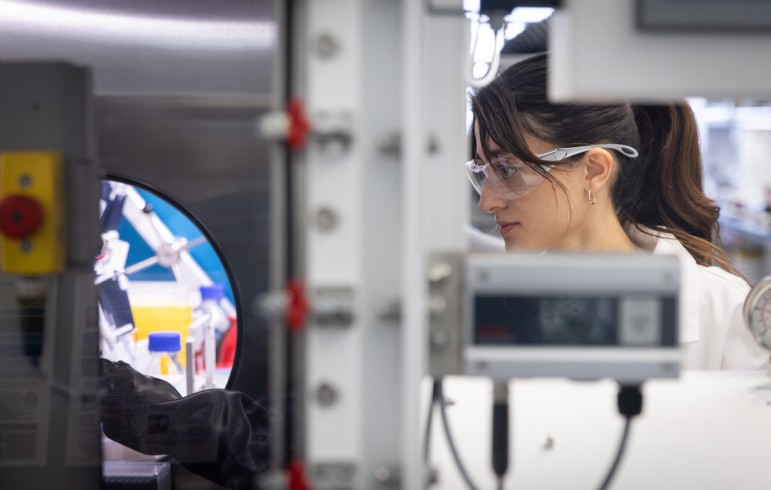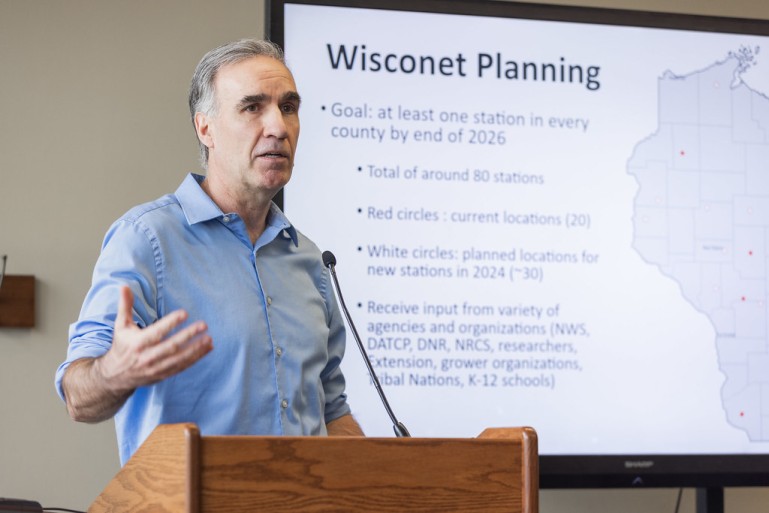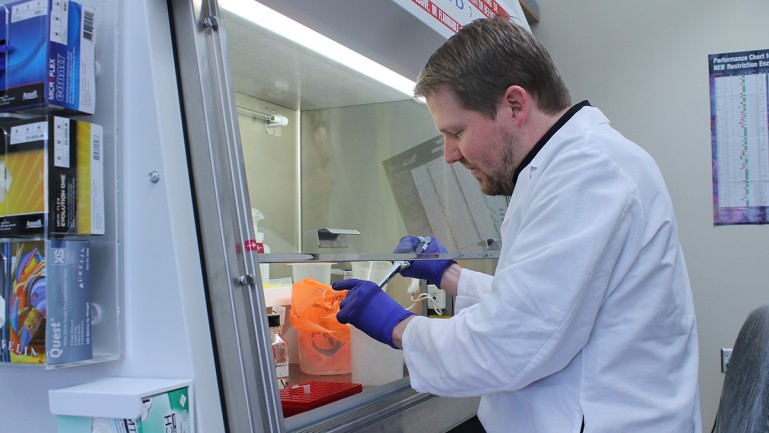“The biggest and most complex machine ever built by humankind.” That is how University of Wisconsin–Madison doctoral student of electrical engineering Philip Hart describes the nation’s power grid.
Almost every week a news story pops up in my inbox about how energy storage is going to revolutionize the energy world. And yet the revolution never comes. Why? Some say the technology is still not there.
Republican lawmakers in Wisconsin are currently considering lifting a 1983 moratorium on creating new nuclear power plants in the state.
In January 2015, the U.S.
The world's first dedicated source of synchrotron radiation, an electron storage ring named Tantalus, has been designated a historic site by the American Physical Society.
In 2015, University of Wisconsin–Madison students had not one, but two opportunities to develop creative solutions to some of the world’s most pressing energy and environmental issues.
A shared passion for renewable energy technology has brought together two professors with two very different areas of expertise.



